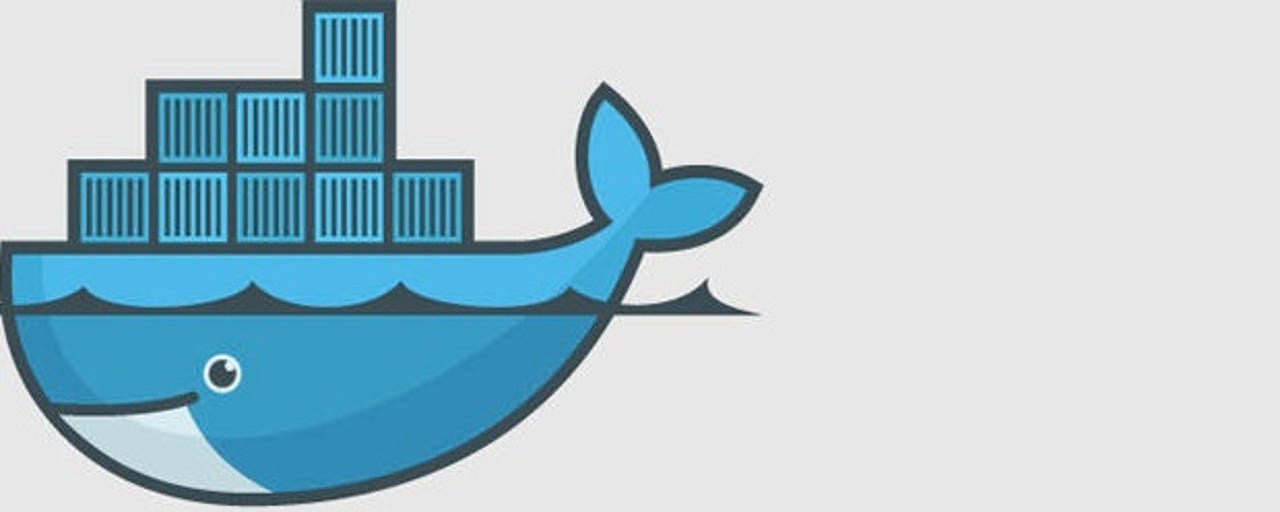Docker certification program eyes long-term partnerships

Docker has dominated the container business since it first exploded on the scene. Now, with its new certification program, Ecosystem Technology Partner (ETP), it's trying to turn its current momentum into long-term partnerships.

What a hybrid cloud is in the 'multi-cloud era,' and why you may already have one
These tools provide users with visibility into the performance of Dockerized programs. Older Linux monitoring tools don't work well in containers.
In the past, monitoring systems used an agent installed on each host. These extract metrics at regular intervals and then pass this data to a central collection system. For Linux systems there are a number of kernel APIs and userland tools, which can be called from the monitoring agent to obtain system and process level performance metrics. Programs based on this approach, such as Nagios, work well for traditional server applications.
With Docker containers, the monitoring agent calls the Docker Engine API to inspect all containers running on a host. Since containers can rapidly spin up and down in automated deployment and scaling scenarios, the monitoring agent must track and react to these normal life-cycle events without introducing user complexity.
With these new ETP-approved programs, the monitoring agent itself is often redistributed as a Docker image through Docker Hub,. This simplifies the initial setup into a single Docker-run command.
In short, "With a shift in application architecture, the monitoring needs are changing to address the distributed nature of these applications," said Nick Stinemates, Docker's head of business development and technical alliances.
Another reason for this, Stinemates explained, is that for customers to be comfortable with the shift to containers, "They need to know that Docker is providing the right kind of information and that there is an ecosystem of tools around it."
ETP has started with monitoring programs, but it will expand from there. Docker promises that "future program initiatives will focus on other capability areas in the application life-cycle including logging, configuration management, networking and storage."
Related Stories: